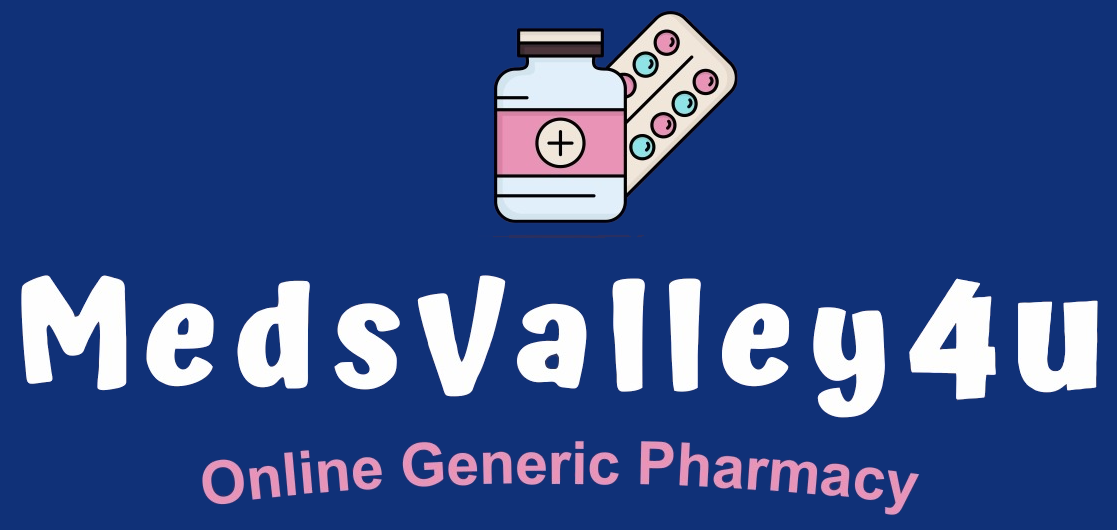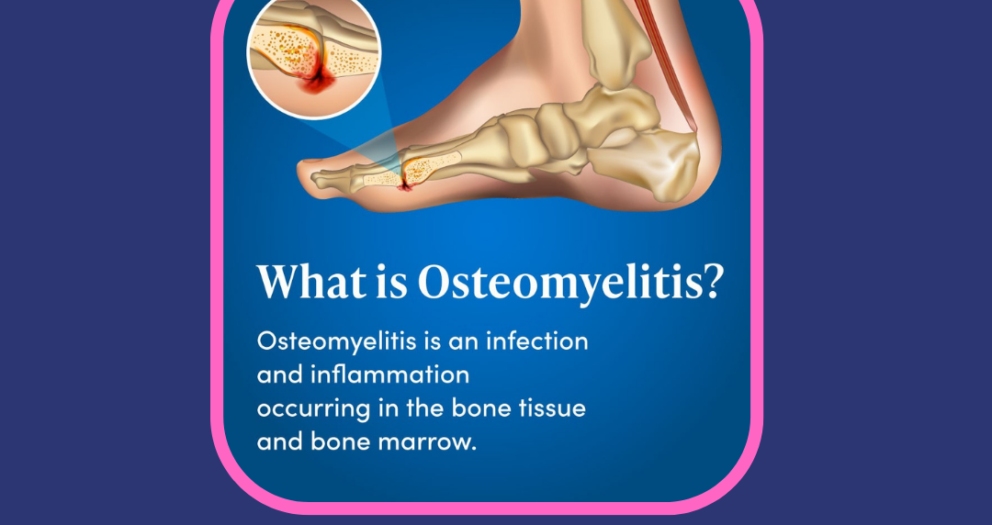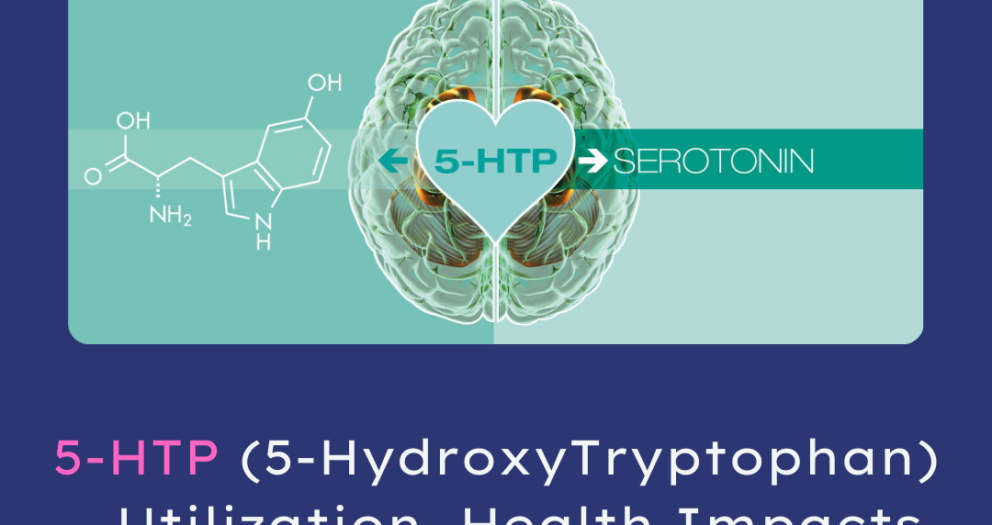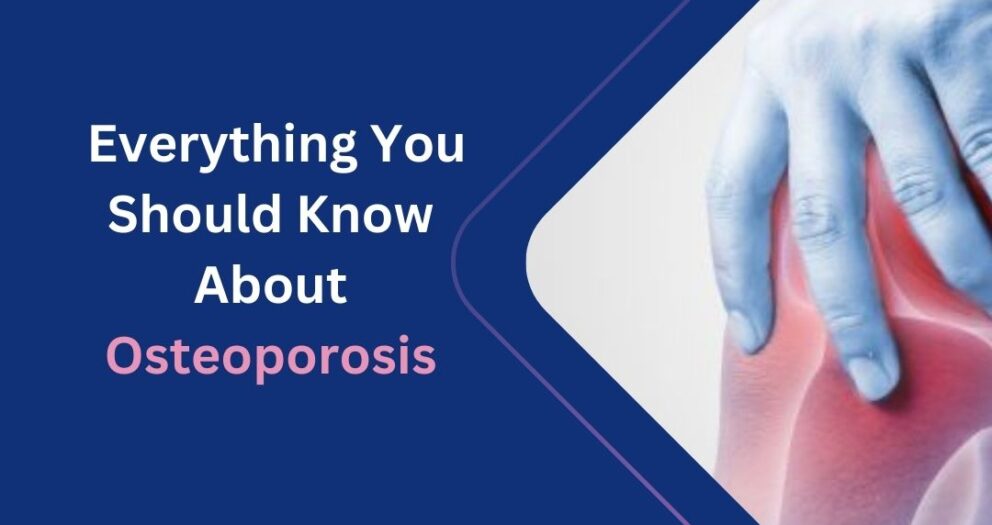A sinus headache is a type of headache that results from inflammation or congestion in the sinuses, the hollow air-filled spaces behind the forehead, cheeks, and nose. This inflammation often arises due to conditions like sinusitis (sinus infection), allergies, or colds, leading to pressure, pain, and discomfort in the face, particularly around the eyes and forehead. Unlike migraines or tension headaches, sinus headaches are usually accompanied by symptoms such as nasal congestion, postnasal drip, and facial tenderness.
Managing sinus headaches effectively requires understanding their underlying causes and implementing various treatment strategies that alleviate the discomfort, reduce sinus congestion, and address inflammation. While over-the-counter medications can provide relief, lifestyle adjustments, home remedies, and medical interventions are also important for both treating acute sinus headaches and preventing chronic cases.
1. Identifying the Cause of the Sinus Headache
Before exploring treatments for sinus headaches, it is crucial to understand their root cause. Sinus headaches typically occur when the sinus cavities become blocked or inflamed, creating pressure in the face and forehead. This can be due to several factors, such as:
- Sinusitis (Sinus Infection): Sinus infections, whether bacterial, viral, or fungal, cause swelling of the sinus tissues, which blocks the normal drainage of mucus. Acute sinusitis usually occurs after a cold or upper respiratory infection, while chronic sinusitis may last for months, leading to frequent sinus headaches.
- Allergic Reactions: Allergies to pollen, dust mites, pet dander, or mold can lead to inflammation in the sinuses, causing congestion and pain that mimics a sinus headache.
- Environmental Triggers: Exposure to irritants like smoke, pollution, or strong perfumes can cause the sinuses to swell and become blocked, leading to headaches.
- Structural Abnormalities: Some people have nasal polyps, a deviated septum, or other anatomical issues that contribute to chronic sinus congestion and headaches.
2. Over-the-Counter Medications
Several over-the-counter (OTC) medications can help alleviate sinus headaches by reducing pain and addressing the underlying inflammation or congestion. However, it is important to use them responsibly, as some medications can have side effects or may not be suitable for long-term use.
a. Pain Relievers
- Nonsteroidal Anti-Inflammatory Drugs (NSAIDs): Medications like ibuprofen (Advil) and aspirin reduce inflammation and relieve pain associated with sinus headaches. They can help ease the pressure and throbbing sensation in the face, providing temporary relief.
- Acetaminophen (Tylenol): For individuals who cannot take NSAIDs, acetaminophen is an alternative pain reliever that helps reduce headache pain without addressing inflammation.
b. Decongestants
- Oral Decongestants (e.g., pseudoephedrine): These medications work by shrinking swollen blood vessels in the nasal passages, allowing mucus to drain more easily and relieving sinus pressure. However, decongestants should be used with caution, especially in individuals with high blood pressure or heart conditions.
- Nasal Decongestant Sprays (e.g., oxymetazoline): These sprays offer fast relief by directly reducing inflammation and opening nasal passages. However, they should not be used for more than 3 consecutive days to avoid rebound congestion, where symptoms worsen after stopping the medication.
c. Antihistamines
If allergies are contributing to sinus headaches, OTC antihistamines like loratadine (Claritin) or diphenhydramine (Benadryl) can be useful. These medications reduce the body’s allergic response and help minimize sinus inflammation, preventing headaches triggered by allergic reactions.
3. Home Remedies and Natural Treatments
In addition to OTC medications, various home remedies can help manage sinus headaches by reducing sinus congestion and inflammation. These treatments are often effective for relieving mild symptoms or complementing medical treatment for more severe cases.
a. Steam Inhalation
Inhaling steam is a simple yet effective way to relieve sinus congestion. Steam helps thin mucus, allowing it to drain more easily and reducing pressure in the sinuses. To perform steam inhalation:
- Boil water and pour it into a large bowl.
- Drape a towel over your head and lean over the bowl, inhaling the steam for 10-15 minutes.
- Adding essential oils like eucalyptus or peppermint can enhance the effect, as these oils have anti-inflammatory and decongestant properties.
b. Saline Nasal Irrigation
Saline nasal irrigation, commonly performed using a neti pot or saline spray, helps flush out mucus and allergens from the nasal passages. This reduces sinus congestion and can provide immediate relief from sinus headache symptoms. It’s important to use distilled or sterile water to avoid introducing harmful bacteria into the sinuses.
c. Warm Compress
Applying a warm compress to the face, particularly over the sinuses, helps improve circulation, relax tense muscles, and reduce inflammation. The warmth can also thin out mucus, facilitating drainage and alleviating sinus pressure.
d. Hydration
Staying well-hydrated is key to thinning mucus and promoting drainage. Drinking plenty of fluids, such as water, herbal tea, or clear broths, helps keep mucus thin, making it easier for the body to clear sinus congestion.
e. Humidifiers
Dry air can exacerbate sinus congestion and lead to headaches. Using a humidifier in your living space, especially during the winter months, adds moisture to the air, which can soothe inflamed sinus tissues and promote better drainage.
f. Essential Oils
Essential oils, such as eucalyptus, peppermint, and lavender, have natural anti-inflammatory and decongestant properties. These oils can be used in diffusers, applied topically (diluted with carrier oils), or added to steam inhalation routines to help relieve sinus congestion and headaches.
4. Medical Treatments
When sinus headaches are chronic, recurring, or particularly severe, medical intervention may be necessary. Healthcare professionals can offer more targeted treatments that address the underlying causes of sinus headaches.
a. Prescription Medications
For cases of sinus headaches related to bacterial sinus infections, doctors may prescribe antibiotics to clear the infection. For severe allergies, prescription-strength antihistamines or corticosteroids (oral or nasal spray) may be recommended to reduce inflammation in the sinuses and prevent recurring headaches.
b. Allergy Shots (Immunotherapy)
For individuals whose sinus headaches are caused by chronic allergies, immunotherapy (allergy shots) can help desensitize the immune system to specific allergens over time. This reduces allergic reactions and associated sinus inflammation, preventing sinus headaches triggered by allergens.
c. Endoscopic Sinus Surgery
In cases where chronic sinusitis, nasal polyps, or structural abnormalities (such as a deviated septum) are causing recurrent sinus headaches, endoscopic sinus surgery may be necessary. This minimally invasive procedure involves using a small camera to remove blockages, improve drainage, and open up the sinus passages, reducing the likelihood of future headaches.
d. Balloon Sinuplasty
Balloon sinuplasty is a newer, minimally invasive procedure that involves inflating a small balloon in the sinus passages to widen them and improve airflow. This can help reduce sinus pressure and alleviate headaches, especially in individuals with chronic sinusitis.
5. Lifestyle Adjustments and Preventive Strategies
Preventing sinus headaches involves making changes to your daily routine and environment to reduce exposure to triggers and minimize sinus congestion. Some preventive strategies include:
- Avoiding Allergens and Irritants: Limit exposure to allergens like pollen, dust, and pet dander, and avoid environmental irritants like cigarette smoke or strong chemicals.
- Maintaining Good Hygiene: Washing your hands frequently, especially during cold and flu season, helps prevent infections that could lead to sinus headaches.
- Elevating Your Head While Sleeping: Sleeping with your head elevated allows sinuses to drain more effectively and prevents mucus buildup, which can reduce morning sinus headaches.
- Regularly Cleaning Humidifiers: If you use a humidifier, clean it regularly to prevent mold growth, which can worsen sinus congestion and trigger headaches.
Finally:-
Managing sinus headaches requires a multifaceted approach that addresses both the symptoms and underlying causes. Over-the-counter medications can provide quick relief, while home remedies and lifestyle adjustments help prevent chronic issues. In more severe cases, medical interventions like prescription medications or surgery may be necessary. By combining these strategies, individuals can reduce the frequency and intensity of sinus headaches, improving their overall quality of life. Recognizing the symptoms early and seeking appropriate treatment is key to preventing complications and ensuring long-term relief from this often debilitating condition.







Write a comment
Your email address will not be published. All fields are required